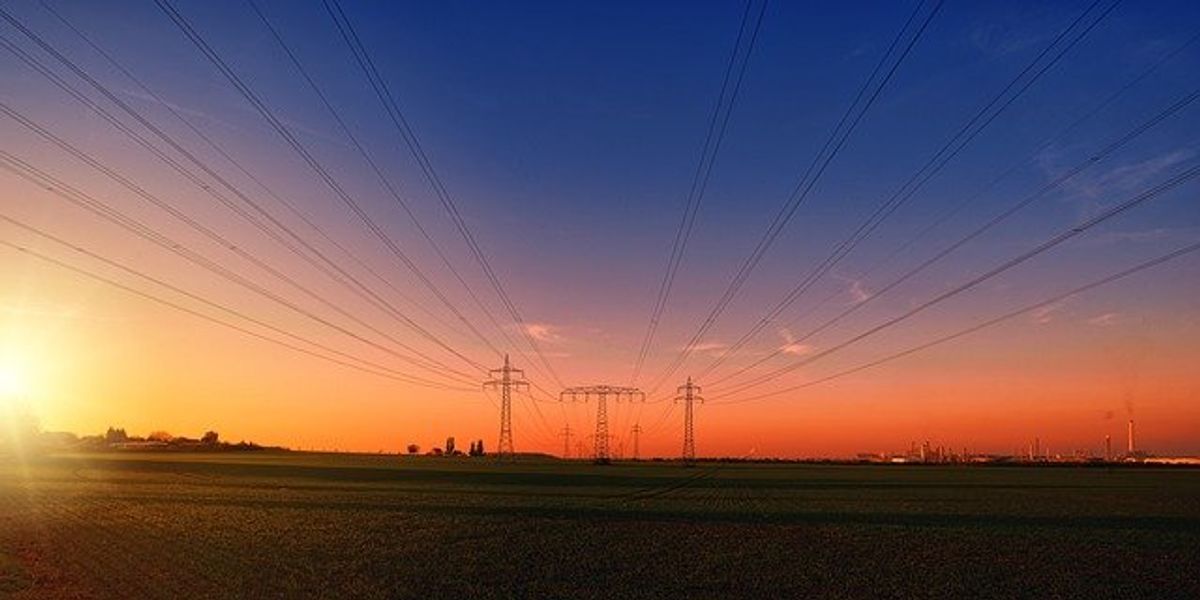
Despite rising seas, these resilient islands are not disappearing
Despite fears that low-lying tropical islands would be early victims of rising sea levels, recent research reveals many islands are stable, with some even expanding.
Raymond Zhong reports for The New York Times.
In short:
- Scientists have discovered that the edges of many atoll islands have shifted but not necessarily shrunk; some have even grown.
- Researchers are studying these islands closely to understand how they might be affected by future sea level rise and what actions can be taken.
- Atoll nations may need to make difficult decisions about which islands to save and which to let go, balancing resources and long-term planning.
Key quote:
"People obsess on that end of the island. This side has got bigger."
— Paul Kench, professor at the National University of Singapore, referring to an island in the Maldives, where he conducts his research.
Why this matters:
Scientists have discovered that natural processes, such as coral reef growth and sediment deposition, play significant roles in maintaining and even increasing the landmass of atoll islands. Coral reefs, for example, can provide a buffer against wave erosion, while sediment carried by ocean currents can accumulate on the islands, leading to expansion. This dynamic interplay between geological and biological factors means that some islands are not just holding their ground but are actually thriving in ways previously unanticipated.














